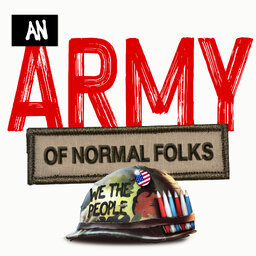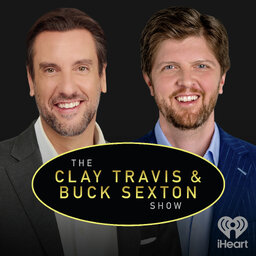The Life Lesson I Learned from Holiday Inn's Founder
For our "Shop Talk" series, Coach Bill Courtney shares the story of Holiday Inn founder Kemmons Wilson yanking his chain and teaching him an important life lesson.
In 2 playlist(s)
An Army of Normal Folks
Our country’s problems will never be solved by a bunch of fancy people in nice suits talking big wor…Social links
Follow podcast
Recent clips
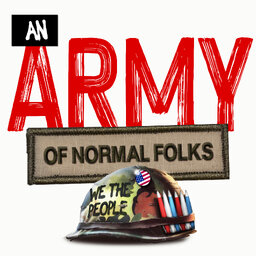
How America Lost “We” — And How You Can Help Rebuild It Today
16:17
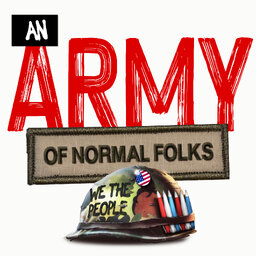
What If We Stopped Treating People Like Mascots? (Pt 1)
39:18
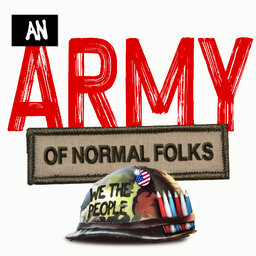
What If We Stopped Treating People Like Mascots? (Pt 2)
1:00:46
 An Army of Normal Folks
An Army of Normal Folks